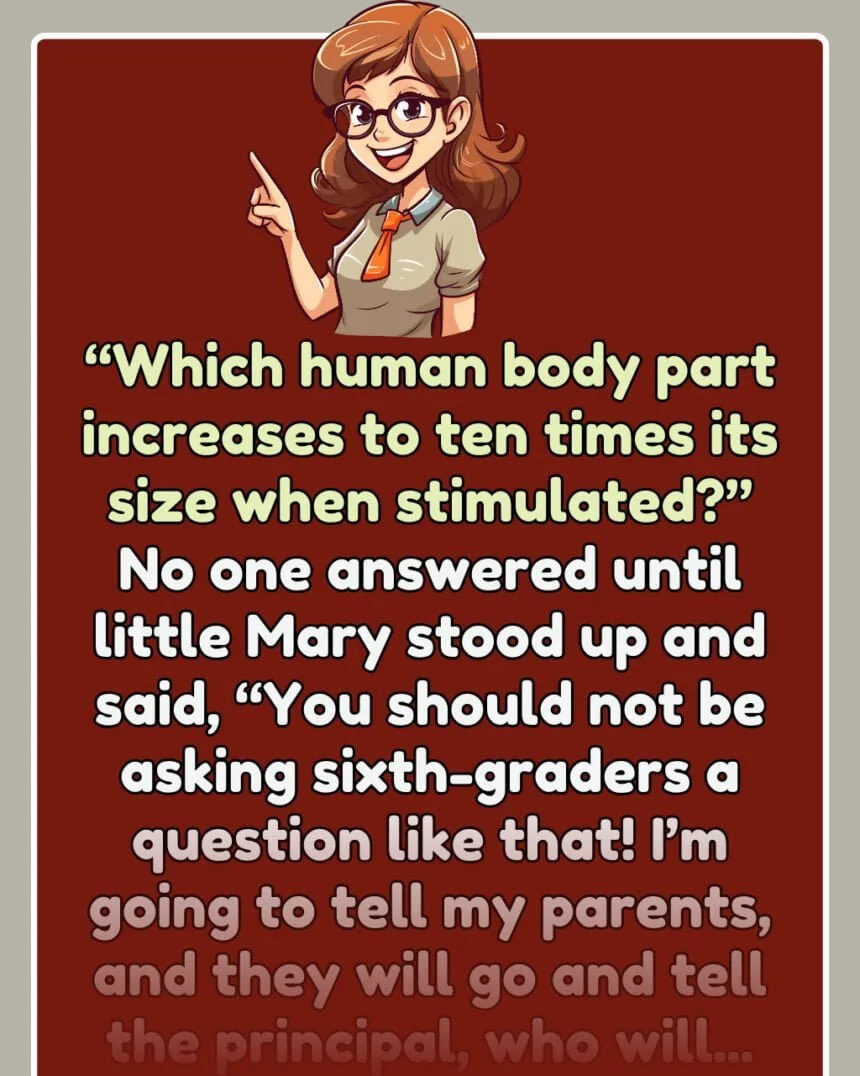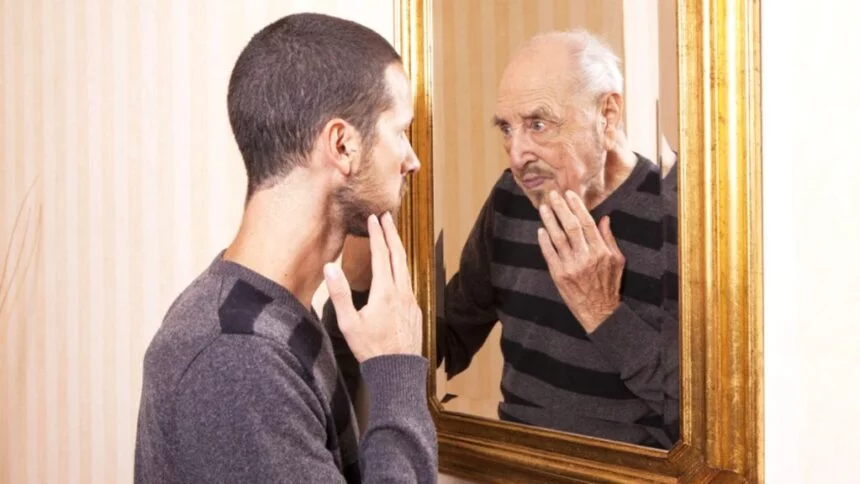One night, I raced out of the shower to find my 3-year-old kid crying and smeared in red paint, with my wife sitting nearby, addicted to her iPad. Frustrated and perplexed, I quickly discovered a more serious issue: my wife’s quiet struggle, which threatened to tear our family apart.
It was a normal evening. My wife sat in the recliner, scrolling through her iPad, as she regularly did. I thought the kids were in bed. I thought it was the ideal moment for a long, relaxing shower.
I heard a faint cry as I stood in the hot water. At first, I dismissed it, believing it was nothing significant. But suddenly the cry out became louder and more frantic.
“Daddy! Daddy!” my 3-year-old son’s voice pierced through the sound of running water.
I hurriedly turned off the water, grabbed a towel, and exited. As I walked through the family room, I noticed my wife. She was still sitting there, transfixed to her iPad and entirely unaware of the chaos in the other room.
“You couldn’t calm him down?” I asked, my voice sharper than I intended.
She didn’t even look up. “I tried three times,” she said, sounding bored.
Three times? I shook my head, irritated, and rushed into my son’s room. I was ready to console him, but nothing could have prepared me for what happened next.
As soon as I came inside, I noticed him sitting up in his bed, his little body quivering as he sobbed. “Daddy, I made a mess,” he exclaimed between gasps.
“It’s okay, buddy,” I said softly, assuming it was just tears and snot. “We’ll clean it up.”
I got closer and picked him up. He grabbed to me hard while still crying. His face was buried in my shoulder, and I could feel moisture dripping down my neck. “Poor guy’s been crying so long,” I thought. But then something seemed wrong. His pajamas were excessively soaked.
I placed him back down and took out my phone to turn on the flashlight. That was when I noticed it: red everywhere. At first, I thought it was blood, and my heart rate fell. I froze. However, as I peered closer, I discovered it wasn’t blood. The paint was red.
“Where did this come from?” I mumbled, scanning the room. Then I noticed an open pot of red paint on a tiny table near his crib. My wife had been painting animals with him the night before, and he must have tipped the jar over.
“Daddy, I’m sorry,” he cried again, his little hands covered in red.
“It’s okay,” I said, trying to stay calm. “It’s just paint. We’ll clean it up.”
But the more I looked, the worse things got. The paint had gotten all over his bed, clothes, and hair. It was everywhere. On top of that, I realized he had wet himself. My annoyance rose up. How hadn’t my wife noticed this?
I gently cleaned his face and took in a long breath. “Why didn’t Mommy come help you?” I asked softly, attempting to piece things together.
He sniffled and gazed at me with his huge, innocent eyes. “Mommy didn’t check on me. Nobody checked on me.”
His words sting. I assumed she had tried. But now I was unsure.
I picked him up and took him to the restroom, feeling the gravity of the situation sink in. Something was wrong, and it wasn’t just the spilled paint and damp pajamas.
My son had been left alone, afraid and wailing, and no one had arrived. As I showered him, I couldn’t get rid of the vision of my wife, still seated in that chair, smiling at whatever was on her screen.
When we finished, I wrapped him in a towel and returned to the family room. She had not moved an inch. She didn’t even look up as I stepped in.
“I don’t understand,” I said, my voice low but frustrated. “How could you not hear him crying?”
“I told you, I tried three times,” she repeated, her eyes glued to the screen.
“But he said you never checked on him,” I shot back, feeling my anger rise.
She shrugged, not saying anything.
I stood there, holding our son, soaking in paint and bathwater, feeling as if I was on the verge of something greater than a horrible night. Something was wrong, and I wasn’t sure how to solve it.
The tension in the room was palpable, and I knew it wasn’t over. Something needed to change. But what?
The next morning, I packed a bag for both my son and myself. I wasn’t leaving permanently — at least not yet — but I couldn’t stay in the house. I needed room to think things through. I didn’t say much to my wife as we departed. She scarcely responded, nodding as if my decision meant nothing.
I made an unexpected phone call while visiting my sister. I called my mother-in-law. I liked her plenty, but this seemed like more than just updating her on a difficult circumstance.
I needed answers. Maybe she knew what was going on with her daughter, since I didn’t.
“Hey, I need to talk to you,” I started when she picked up. “Something’s not right with your daughter.”
Her voice sounded concerned. “What’s happened? Did you have a fight?”
I sighed. “It’s more than that. She ignored our son last night, left him crying and covered in paint. I don’t know what’s going on with her, but it’s not just one bad night. She’s… distant. Uncaring. I don’t know how else to describe it.”
My mother-in-law listened carefully, and then after a long pause, she said, “I’ll come over. Let me talk to her.”
Several days later, she called me back. Her tone was quieter than usual, almost tentative.
“I spoke to her,” she said. “She finally opened up. It’s not you or the baby. It’s depression.”
The word struck me like a ton of bricks. Depression? I had never considered that. I was so preoccupied with my aggravation and outrage at her actions that I failed to consider the possibility that something deeper was going on.
“She’s been struggling for a while now,” her mother continued. “The pressure of motherhood, losing time for herself, for her art. It’s been overwhelming for her. She feels trapped, like she’s lost who she is.”
I stood there stunned. I had no idea she felt this way. How could I? She never said anything.
“She’s agreed to see a therapist,” her mother added. “But she’s going to need your support. This won’t be easy.”
Support. That word echoed in my head. I was upset and ready to walk away, but now I had to consider what my wife was truly going through. This was not about neglecting our son due to laziness or disinterest. It went deeper than that. And now I needed to figure out how I could help her.
While being with my son, I began to see things differently. Taking care of him on my alone wasn’t just difficult; it was draining.
Every day was a whirlwind of diaper changes, tantrums, and attempts to keep him engaged. There was scarcely time to breathe, let alone think. By the time I put him to bed, I was exhausted, both physically and mentally.
I reflected on how my wife had been doing this every day for years without taking a break. She put her art aside to care for our family, but in doing so, she sacrificed a part of herself. The weight of motherhood had gently shattered her spirit, and I hadn’t realized.
Over the next few weeks, things gradually began to alter. My wife started seeing a therapist. At first, I wasn’t sure if it would work. She was somber after her sessions and didn’t speak much about what they discussed. But, as time went, I saw little changes in her.
One day, she called while I was out with our son. Her voice cracked on the phone.
“Can you come home?” she asked. “I need to talk to you.”
When I stepped in, she was seated on the couch, looking tired yet somehow different. There was a softness in her face that I hadn’t seen in a long time.
“I’m sorry,” she said, her voice trembling. “I didn’t realize how bad things had gotten. I was so lost in my own world, in my head, that I didn’t see what it was doing to you or to our son.”
I sat down next her, unsure what to say. She continued talking.
“The therapist is helping. I know it’ll take time, but I want to be better. Not just for me, but for us. For him.”
Her eyes welled up with tears as she talked, and for the first time in what seemed like an eternity, I recognized the person I had fallen in love with.
Things gradually improved over the next few months. She began painting again, hesitantly at first. Her mother would come over and keep our son while she spent a few hours in her art studio, reconnecting with a part of herself she had neglected for far too long.
“I forgot how much I love this,” she told me one evening, showing me a canvas she had been working on. “It feels good to create again.”
Her bond with our son has also begun to repair. I’d see them reading together or her teaching him how to draw basic shapes with crayons. The distance that had previously separated them was gradually closing. He seemed happier, more calm, as if he sensed Mommy’s return.
Our family was not perfect, but it was healing. Together.













Being a Mom is incredibly isolating and draining for most women.